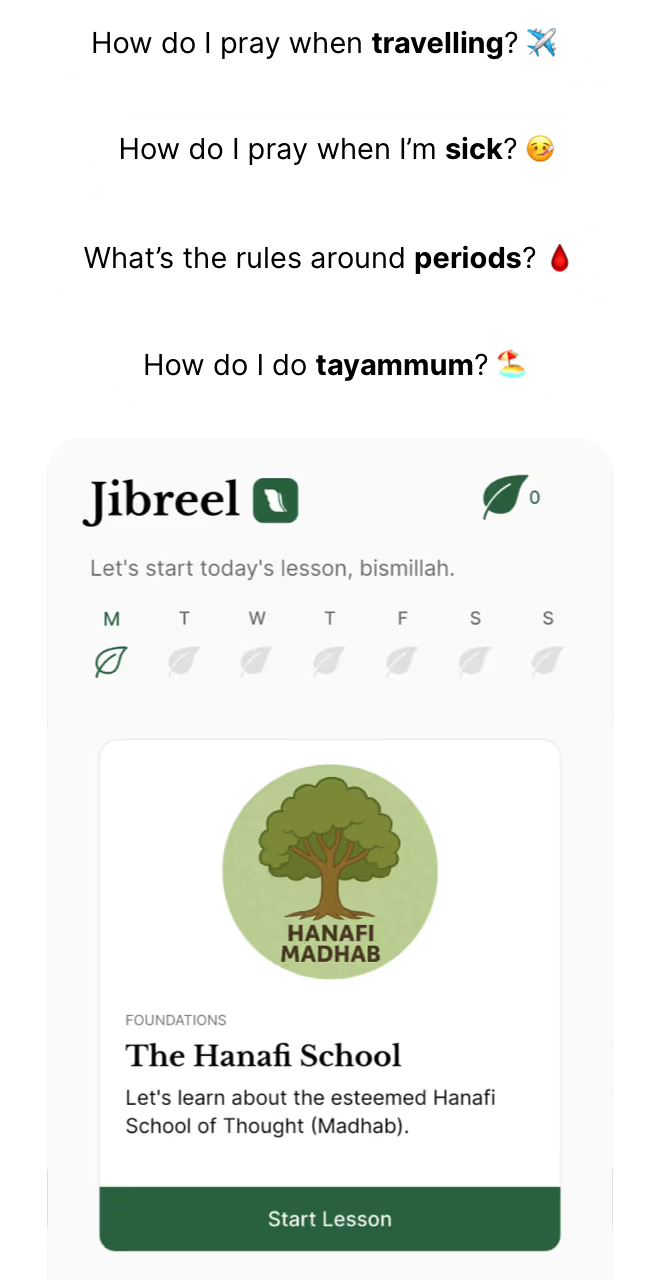does bleeding break wudu?
Yes, bleeding breaks wudu if the blood flows from its original position onto the surrounding skin. However, if the blood merely appears at the wound's edge and does not move away from its original position, wudu is not broken.
Understanding the Conditions for Wudu to Break
Flow of Impurity from the Body
The critical factor in determining whether bleeding breaks wudu is whether the blood flows away from its original site. According to Islamic jurisprudence, any impurity that exits and flows from other parts of the body, such as blood or pus, breaks wudu. Therefore, if blood flows from a wound onto the skin, wudu is invalidated.
Visible Blood That Does Not Flow
If blood becomes visible at the site of a wound but does not flow onto the surrounding skin, wudu remains intact. This distinction is crucial as it differentiates between a mere appearance of blood and actual flow, which is necessary for wudu to be broken.
Examples and Practical Scenarios
Example of Non-Flowing Blood
Consider a situation where an individual grazes their arm, and blood is visible but does not move away from the graze. In this case, wudu is not broken because the blood has not flowed away from its original position.
Example of Flowing Blood
In contrast, if someone cuts themselves and the blood flows from the wound onto the skin, wudu is broken because the impurity (blood) has moved away from the original wound site.
Conclusion
In conclusion, bleeding breaks wudu when the blood flows from its original position onto the skin. To maintain the validity of wudu, it is essential to assess whether the blood has moved beyond its initial site. In cases where blood flow is prevented, such as by applying pressure or a bandage before the blood can flow, wudu is still considered broken if the natural tendency would have allowed it to flow.
Frequently Asked Questions
Does wudu break if blood does not flow?
No, wudu does not break if the blood remains at the edge of the wound and does not flow onto the surrounding skin.
What happens if I apply pressure to stop blood flow?
If you apply pressure to stop the blood from flowing, wudu is still broken if the natural tendency without intervention would have allowed it to flow.
Is wudu broken if I pop a spot and pus comes out?
Yes, if pus is an impurity and it flows from its original spot, wudu will be broken.
Do children need to perform wudu if they bleed?
Children are not obliged to perform wudu as they are not yet legally responsible. However, it is good practice to encourage them to perform wudu.













.avif)
